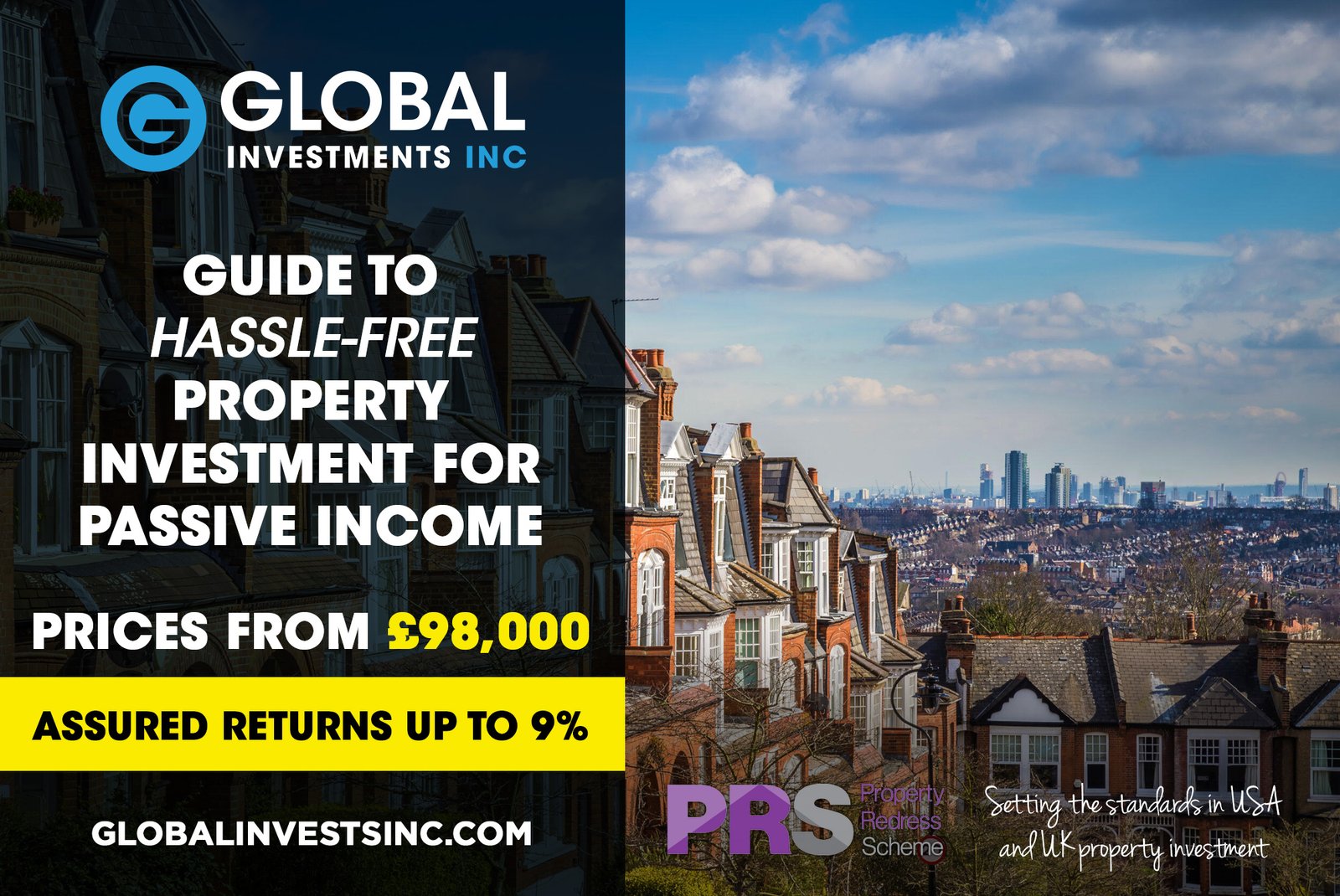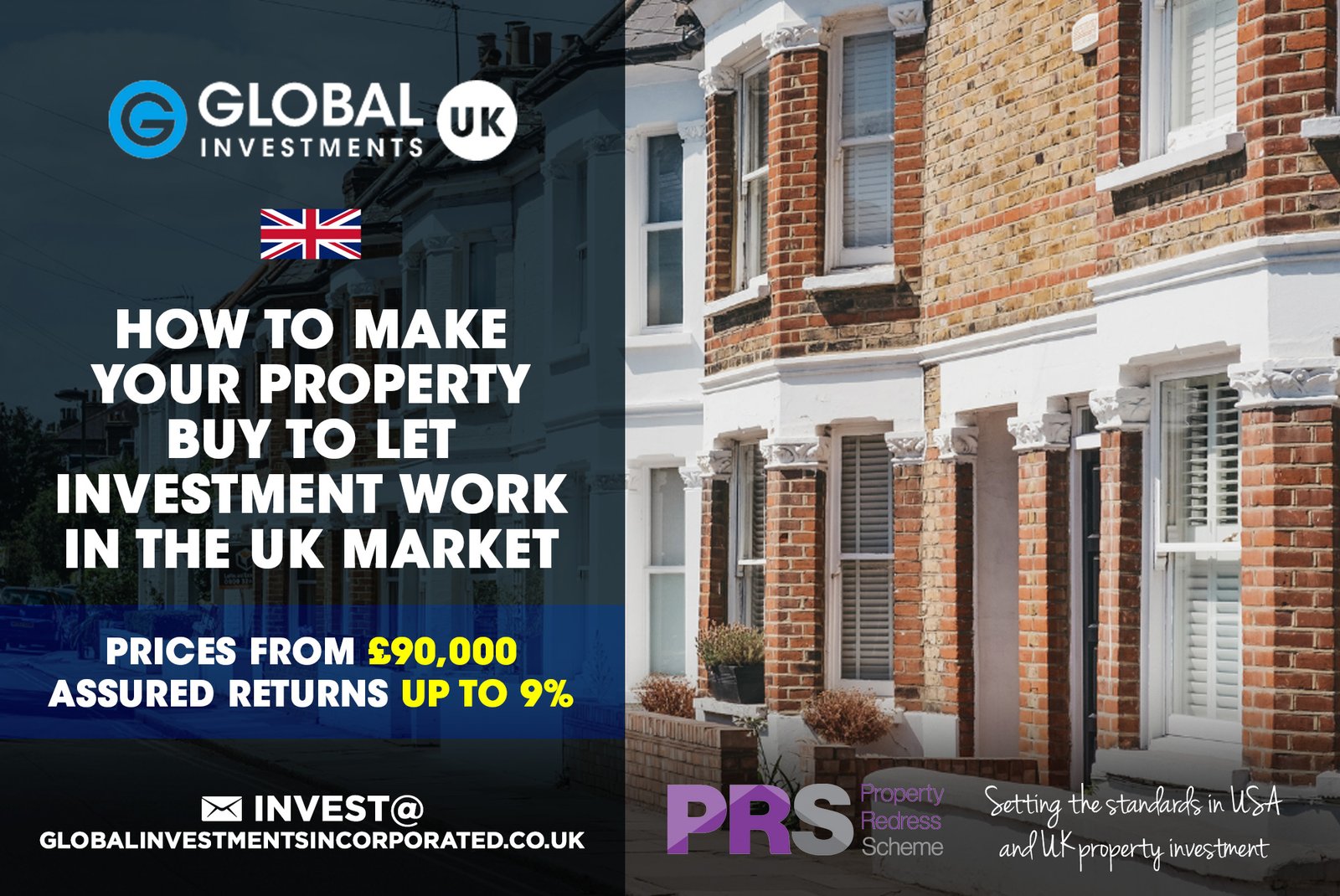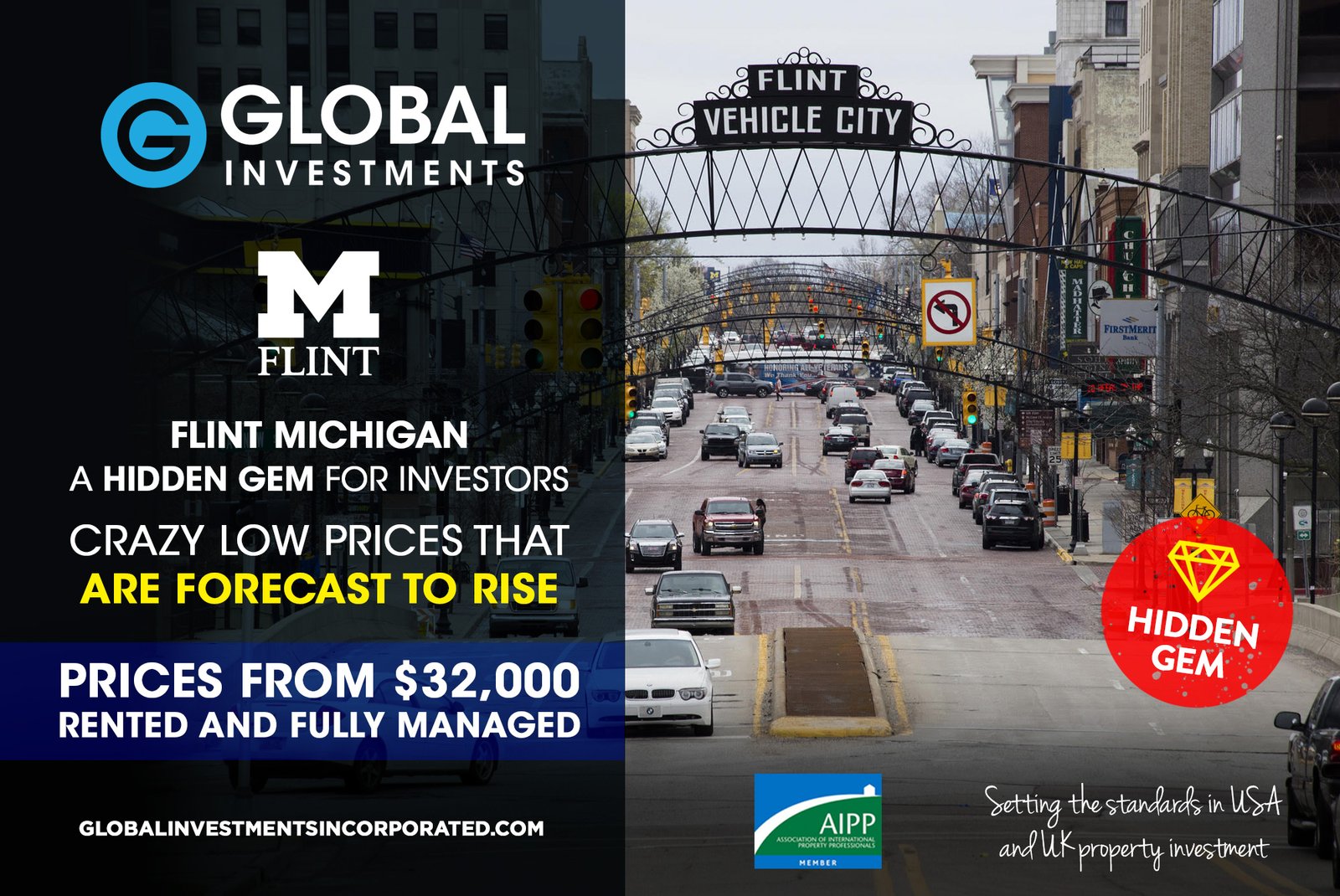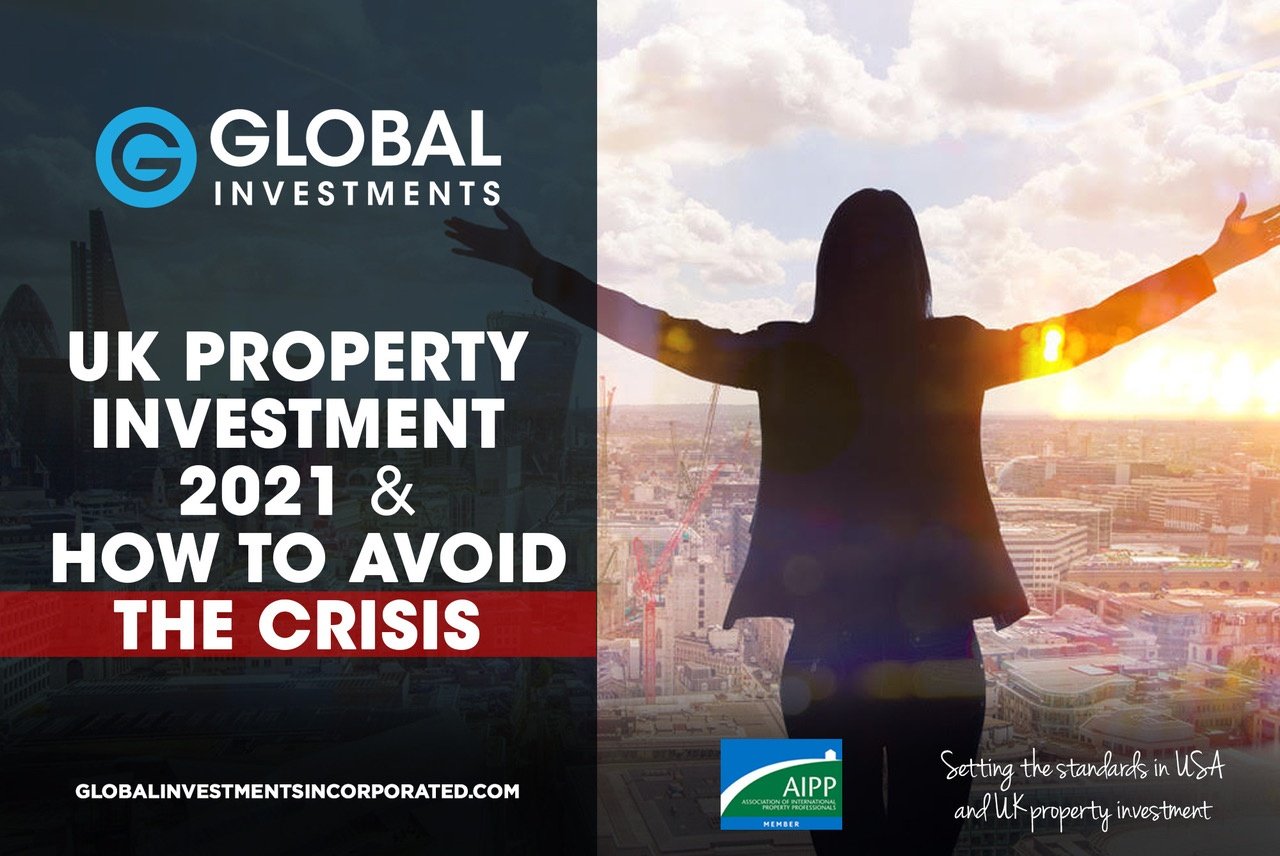
Jobs in Cleveland: 2024 Cleveland Economic Guide
As a key urban player in the Midwest, how is the Cleveland economy performing? For residents exploring new careers, visitors getting the lay of the land, or homebuyers considering moving to Cleveland, taking an in-depth look at the city’s economy is of vital importance. Cleveland’s Economic Landscape Cleveland boasts a diversified economy with key sectors such as healthcare, manufacturing, and aerospace, supported by major Ohio employers like the Cleveland Clinic and initiatives such as the Cleveland Innovation District contributing to job growth and economic stability. Emerging industries in technology, biotechnology, and green energy, with companies like MediView XR and LAND Energy, demonstrate Cleveland’s growth as an innovation hub, attracting investment and talent. The city is home to the headquarters of five Fortune 1000 companies and benefits from strong regional collaboration, economic development initiatives, and the influence of education and research institutions like Case Western Reserve University on workforce development and economic success. Cleveland’s economy is a mosaic of diverse sectors, including education, tourism, technology, healthcare, finance, and manufacturing. Major employers like the Cleveland Clinic and University Hospitals consistently rank amongst the top healthcare institutions in the world, further boosting Cleveland’s economy. Cleveland’s favorable economic climate has led to a competitive unemployment rate in Greater Cleveland. Job growth has been observed in various sectors, including construction and healthcare, positively impacting the local economy. Healthcare Industry The healthcare industry is pivotal to Cleveland’s economy, with Cleveland Clinic and University Hospitals as leading employers. The MetroHealth System, STERIS, HealthSpan, UnitedHealth Group, Maxim Healthcare Services, and Medical Mutual further support the industry, contributing to Cleveland’s strong healthcare sector. Manufacturing Sector Manufacturing remains vital for Cleveland’s prosperity, with firms in this sector seeing a resurgence due to increased demand for domestic goods. Many of these firms have a global footprint, helping to fortify Cleveland’s economy and enabling it to thrive. Aerospace Industry Cleveland’s economy also benefits from the aerospace industry. ZIN Technologies, a longstanding partner with NASA, exemplifies the industry’s contribution to job creation and economic activity in Cleveland. Emerging Industries in Cleveland The city’s economic diversification extends beyond its established sectors. Emerging technology companies like MediView XR and AgileBlue are raising substantial funding and expanding services, proving Cleveland to be a hub for technological innovation. Biotechnology, health technology advancements, and medical equipment are reshaping the landscape, with companies like Abeona Therapeutics and SPR Therapeutics driving further economic growth. Even in green energy, Cleveland is making strides with LAND Energy’s electric transportation focus. Corporate Headquarters in Cleveland Cleveland is home to the headquarters of five Fortune 1000 companies, reflecting its significance as a center for corporate management and operations. Economic Growth Initiatives The city’s economic growth is bolstered by initiatives involving both the public and private sectors. Community development and long-term strategic planning are key to Cleveland’s expansion efforts. The Cleveland Innovation District, backed by university collaborations and JobsOhio, is expected to add 20,000 jobs and create significant economic impact. Over the past 12 years, Cleveland has invested over $430 million in business initiatives and real estate projects, demonstrating its commitment to economic growth. The Role of Education and Research Institutions Educational institutions like Cleveland State University and Case Western Reserve University contribute significantly to workforce development, maintaining a skilled workforce in Northeast Ohio. Approximately 70% of college graduates in Ohio find their first job locally, further fueling economic growth. Regional Collaboration for Economic Development Cleveland’s collaboration with neighboring cities in Northeast Ohio is essential in leveraging shared resources and promoting collective progress. The Northeast Ohio Development Exchange (NODE) provides a platform for regional stakeholders to connect, fostering a shared understanding among the region’s decision-makers. The Robust Cleveland Economy Cleveland’s economy is powered by diverse sectors, from healthcare and manufacturing to aerospace and technology. Major employers, innovative startups, and Fortune 1000 companies shape the economic landscape. Economic growth initiatives, coupled with the influence of education and regional collaboration, strengthen the city’s economic prospects. Cleveland’s real estate market, strong rental demand, and progressive business climate present opportunities for growth and development. With its dynamic economy and promising future, Cleveland shines as a beacon of resilience and innovation in Northeast Ohio and beyond. Frequently Asked Questions What is Cleveland’s economy based on? Cleveland’s economy is based on manufacturing, leading medical centers, and Fortune 1000 company headquarters in finance, advanced manufacturing, and healthcare. What is Cleveland known for producing? Cleveland is known for producing a diverse range of goods, including clothing, iron shapes, and automobiles, along with strong sectors in higher education, manufacturing, financial services, healthcare, and biomedicals. Is Cleveland a thriving city? Yes, Cleveland is a thriving city, with downtown experiencing significant population growth and $9 billion in investment transforming it into a diverse community. What are the key sectors in Cleveland’s economy? Cleveland’s economy is powered by sectors including education, tourism, technology, healthcare, finance, and manufacturing.








